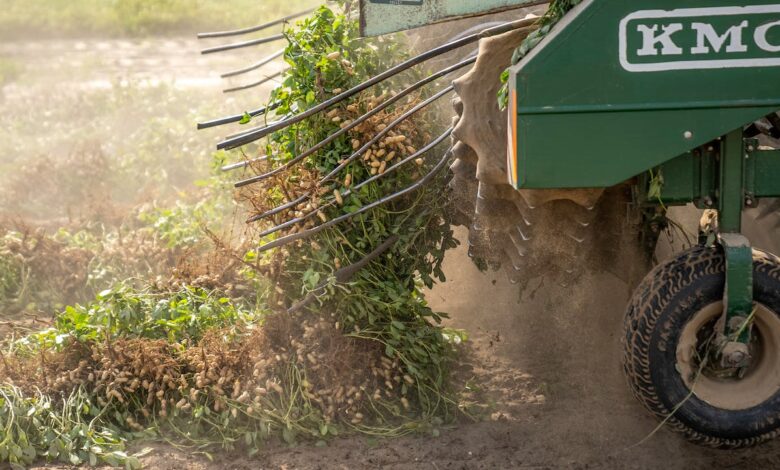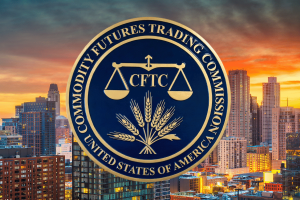
Irish startup Silicate is preparing to launch the initial trial of its advanced weathering technology to permanently eliminate carbon dioxide (CO2) from the atmosphere and store it in the world’s oceans for tens of thousands of years. The trial is set to occur near Chicago, US, with 500 tonnes of crushed waste concrete to be scattered over 50 hectares of agricultural land. Over one year, the ground concrete will disintegrate in the soil, activating an enhanced weathering process. During this process, the concrete will react with CO2 and turn it into carbonates, regarded as long-term storage solutions for CO2 emissions. By storing the carbon dioxide in this manner, Silicate aims to mitigate the environmental impact of greenhouse gasses and contribute to fighting climate change.
Maurice Bryson, Silicate CEO and co-founder, thinks that their method of repurposing returned concrete to enhance both productivity and carbon-removal capabilities on farmland could be a game-changer. This innovative approach not only addresses the issue of waste management in the construction industry but also contributes to sustainable agriculture practices. By actively reducing greenhouse gas emissions and improving soil health, Silicate’s solution is paving the way for a more eco-friendly and efficient future.
Hastens the natural chemical weathering process and helps the Earth
Enhanced weathering hastens the natural chemical weathering process by grinding silicate rocks into a powder, augmenting the reactive surface area, and distributing the dust onto farmland. Silicate utilizes recycled concrete, the largest waste stream globally, instead of rocks. This innovative method not only accelerates the breakdown of minerals but also effectively addresses the waste management issue. By repurposing concrete waste, Silicate can significantly reduce the environmental burden while simultaneously promoting a more sustainable agriculture practice.
The startup buys unused concrete from manufacturers, processes it, and disperses it on agricultural land at no charge. Silicate then assesses the sequestered carbon emission, selling credits to major corporations to assist them in reducing their carbon footprint. This innovative approach not only addresses the issue of surplus concrete waste in the construction industry but also contributes to carbon sequestration in agricultural soils. By doing so, Silicate has generated a sustainable business model that brings economic, environmental, and social benefits to both the construction and agriculture sectors, paving the way for a greener future.
Helps to balance the pH level in the soil — better crops, increased productivity
The technique is low-cost, safe for use on agricultural lands, and uses an abundant, easily obtainable material. Silicate projects that around 100 tonnes of CO2 will be permanently removed from the atmosphere during this trial alone. Incorporating this substance into the soil helps to balance the pH levels, enabling better nutrient absorption for the plants. Consequently, this leads to healthier crops with increased yield and quality.
Featured Image Credit: Mark Stebnicki; Pexels; Thank you!
Source link




